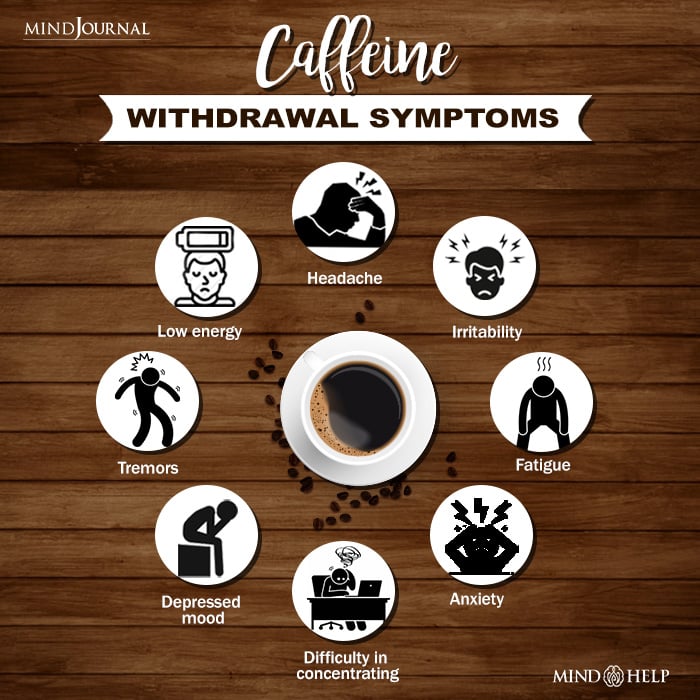
Caffeine has not been shown to cause an increased chance for birth defects above the background risk.ĭoes consuming products with caffeine in pregnancy increase the chance of other pregnancy related problems? Some studies suggest that the chance for miscarriage may be increased when people consume moderate (200-300 mg) or high (more than 300 mg) levels of caffeine.ĭoes taking caffeine increase the chance of birth defects?Įvery pregnancy starts out with a 3-5% chance of having a birth defect. Researchers have not reported an association between low (under 200 mg) levels of caffeine and an increased chance for miscarriage. There are many studies that have tried to answer this question. Miscarriage is common and can occur in any pregnancy for many different reasons. Low (less than 200mg per day) to moderate (about 200-300 mg per day) caffeine consumption has not been proven to make it harder to get pregnant.ĭoes taking caffeine increase the chance for miscarriage? Some studies have suggested that high levels of caffeine (more than 300 mg per day) might make it harder to get pregnant, but these findings are not proven. Can it make it harder for me to get pregnant? I consume (eat/drink) products with caffeine. Beverages made from the guarana seed also contain caffeine. Some herbal supplements such as guarana also contain caffeine (about 47mg per 1g). The amount of caffeine in some common items is listed below (amounts are approximate and may vary between products): The best way to know how much caffeine is in a product is to check the ingredient label. How much caffeine is in common foods and drinks? Most experts suggest that people who are pregnant limit their caffeine intake to 200 mg or less per day. It is important that pregnant people who use caffeine stay well-hydrated by drinking enough water. Caffeine is also a diuretic, meaning that it helps get rid of fluids from the body. Caffeine’s main effect is making people feel more awake for a short time. Caffeine is naturally found in the leaves, seeds, and fruits of more than 60 plants.


It is also found in some prescription and over the counter medications. This information should not take the place of medical care and advice from your healthcare providers.Ĭaffeine is a stimulant found in many foods and beverages. This sheet is about exposure to caffeine in pregnancy and while breastfeeding.


 0 kommentar(er)
0 kommentar(er)
